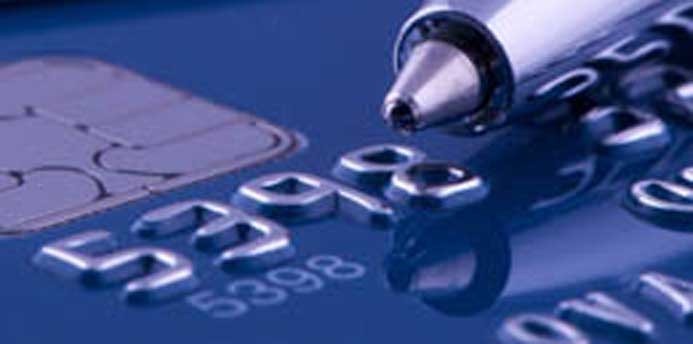If the current Michaels debit card debacle didn’t frighten you, it should.
According the Chicago Tribune, the fraud has affected thousands of consumers across 20 states. One of the graphic designers at Make It Better—busy planning her wedding, so a frequent Michaels shopper—had $1,000 stolen from her account in the scam.
So what can you do to protect yourself?
According the nonprofit group Identity Theft Resource Center, consumers need to know the difference between a debit card and a credit card and the protections offered by each. Using Market review provides both the foundation for our economy and the foundation for one’s personal financial management.
1. Debit card theft is worse than credit card theft because the money comes directly out of your bank account.
Credit card theft is your bank’s problem, because the money at stake is their money. With debit card theft, the money is yours.
2. You could lose up to $500 in a debit card theft if you don’t report the loss immediately.
If you report the suspicious activity to your bank within 2 days, federal law limits your liability to $50. Your liability increases to $500 if you report the activity before 60 days. After 60 days, you could lose all your money and the bank isn’t liable. (Something to keep in mind if you don’t check your account regularly.)
3. Credit card liability is capped at $50 if you report the loss within 60 days.
For both debit and credit cards, if you report a card stolen before any fraudulent activity, you’re not liable for any amount.
4. If there’s a dispute with your debit card, you are out your money while the bank investigates.
Banks are required to investigate within 10 days of your complaint, and if fraud is detected, the money must be returned by day 11. But in the meantime, the money isn’t in your account.
5. Establish one bank account for your debit card.
Debit cards expose your entire account to fraudulent activity. If you use a debit card, keep the money in a separate account that isn’t link to your savings. It limits your liability and if you are a fraud victim, you only need to shut down one account.

